|
There are many different options and materials to consider when choosing the countertops for your outdoor kitchen. There are many aspects to take into consideration as well when making this choice. Such as: where your countertops will be located (sheltered vs. exposed), how they will be used (seated area vs. cooking area), what kind of weather your area typically gets (salt water in the air), how much maintenance you're willing to keep up with and the aesthetic you are trying to achieve. Below we will discuss the top three options that are typically great for any circumstance and situation. ULTRACOMPACT SURFACEThere are a couple of main brands to look at if you're considering an ultracompact, sintered stone or porcelain type countertop. The two most well-known names are Dekton and Neolith. They are both comparable but we prefer Neolith because one main way they differ is that they offer a 3mm thickness, which Dekton does not. This means not only can we use Neolith for countertop and wall-cladding but we can also incorporate the same stone on the face of your cabinetry. This is a luxurious option and allows you to really enjoy the design in a vertical application as opposed to just on a horizontal surface like your tops. The only real drawback to using this material is that it is very difficult to fabricate and install, so be sure to find a professional authorized fabricator if you decide to choose this material. If you live in Windsor or Essex-County we have linked Palazzi tile who could assist you with your Neolith needs. concreteConcrete is a wonderful choice for countertops outdoors. If you purchase through a handmade artisan you'll be able to get the durability of the material along with a variety of styles to complement your personality and your environment outdoors. Whether you're looking to get bold with colour or add variation with their acid stained technique or combining multiple colours or adding exposed aggregates to your tops, the options are endless. If they are well-versed in their craft they can even create an integrated sink for you too. Make sure you confirm that the company you choose is using a quality food grade sealer to help prevent staining and etching. See our resources below for two of our favourite local artisans you can consult with on your next project. Natural stoneNatural stone is a great option for your outdoor kitchen. Granite is probably one of the most popular of the stones as it's durable, relatively low maintenance and cost-effective. Not to mention the variety of colours and designs it's available in. When you're looking at natural stone like granite you might also consider quartzite. This is a beautiful choice as it will give you a luxurious marble look and is actually a bit harder than granite. The drawback to consider is that quartzite is more susceptible to etching especially from acidic foods such as lemons, ketchup, colas etc that you will tend to use a lot of during BBQ season. A couple of tips for helping reduce these issues would be to seal your quartzite and upgrade to a honed (matte) finish. Please also keep in mind that quartzite, which is a natural product made of Quartz, it is not the same as Quartz (such as Cambria). At this moment quartz is not warrantied for outdoor applications, but we will be the first to let you know as soon as Cambria innovates in this area! Depending on your individual situation you may also want to look into other options like butcher block countertops (note: higher maintenance) or stainless steel (note: will be extremely hot in summer months if not covered). We can also provide aluminum countertops to match your aluminum cabinetry (first picture in this post), but most often we recommend choosing one of the stone options we discussed above. We hope you gained some valuable information from this article. Let us know which countertop you are most drawn to and give us a call when you're ready for your outdoor kitchen. Resources From This Blog:
ANR Concrete Studio located in LaSalle, Ontario Origins Concrete Design located in Ferndale, Michigan Palazzi Tile (Neolith) |

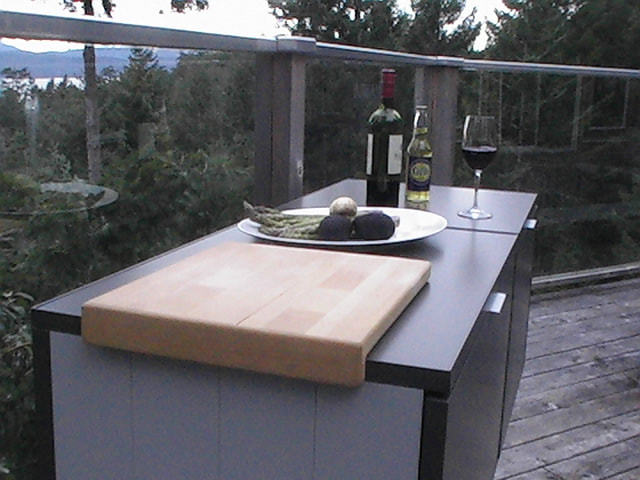
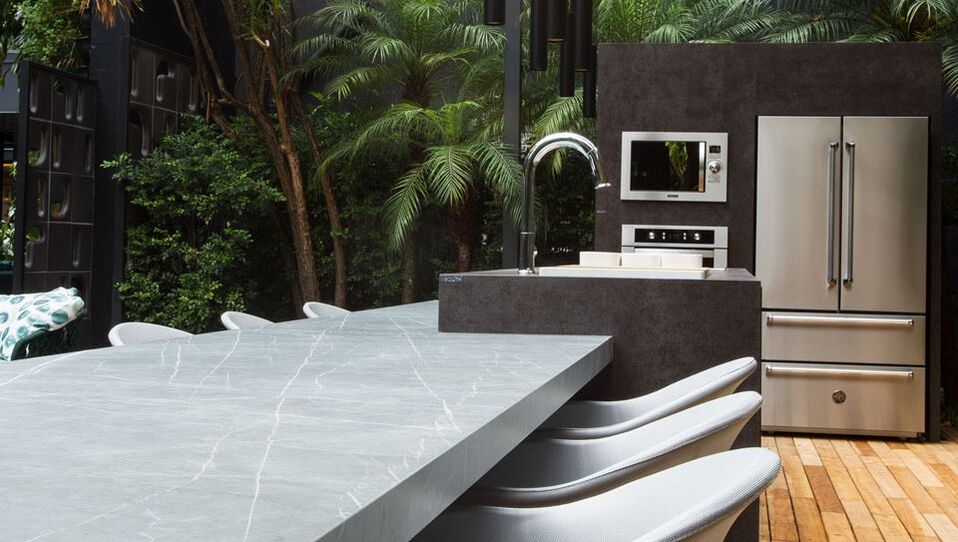
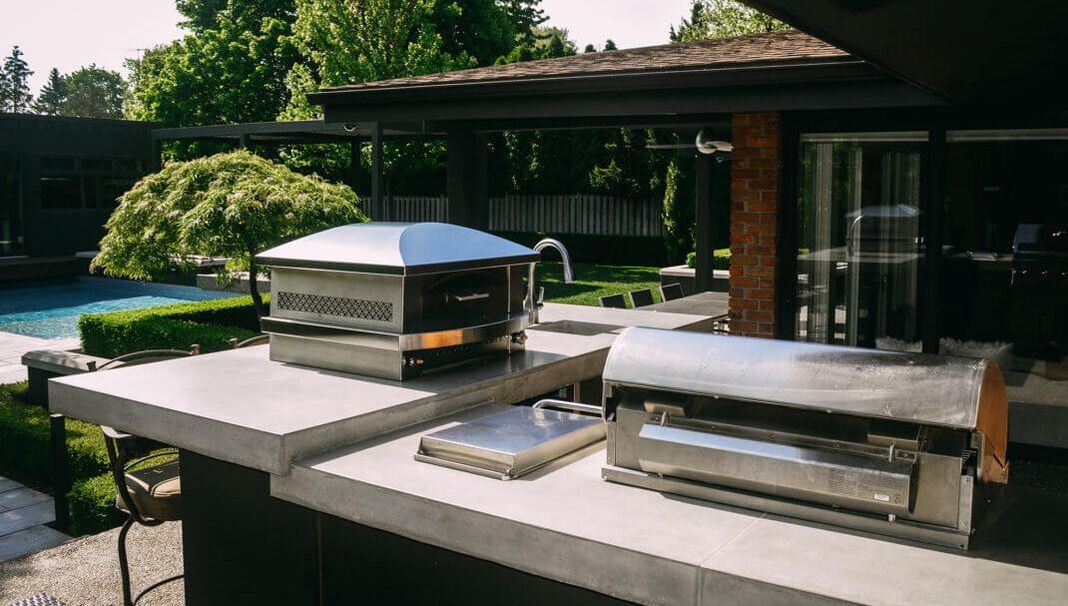

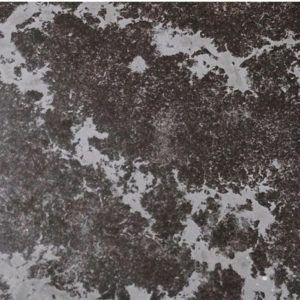
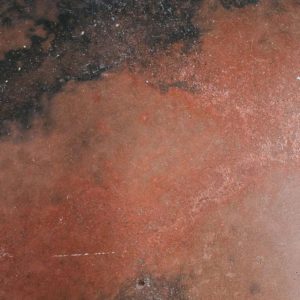
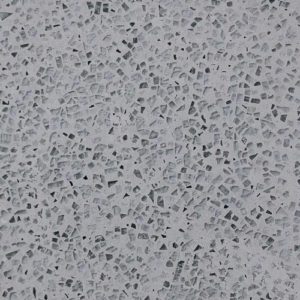
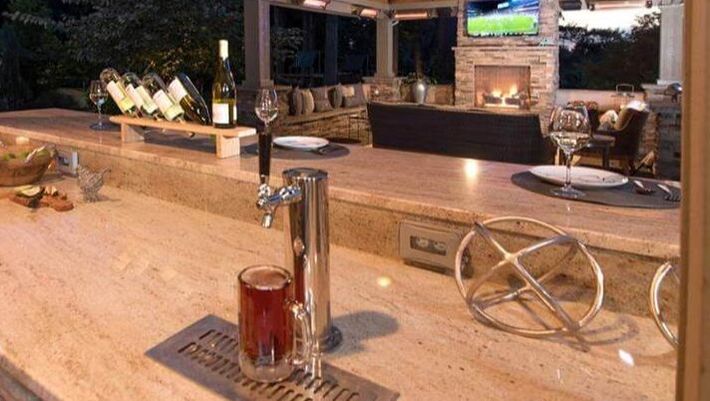
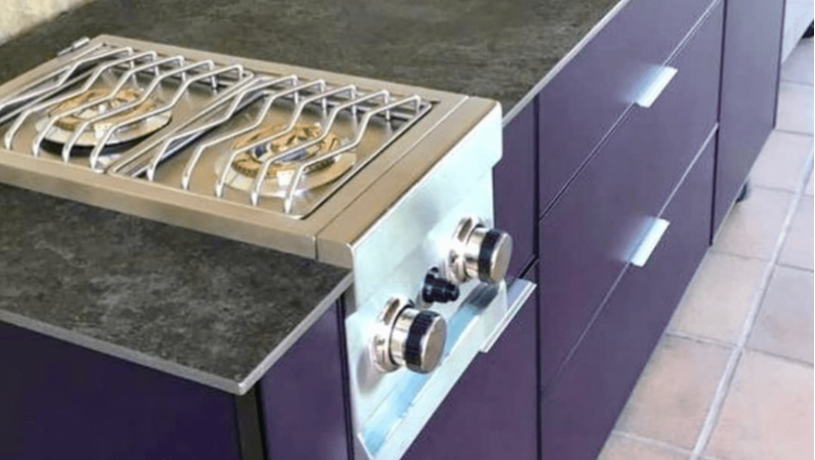

 RSS Feed
RSS Feed
